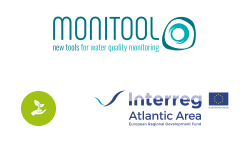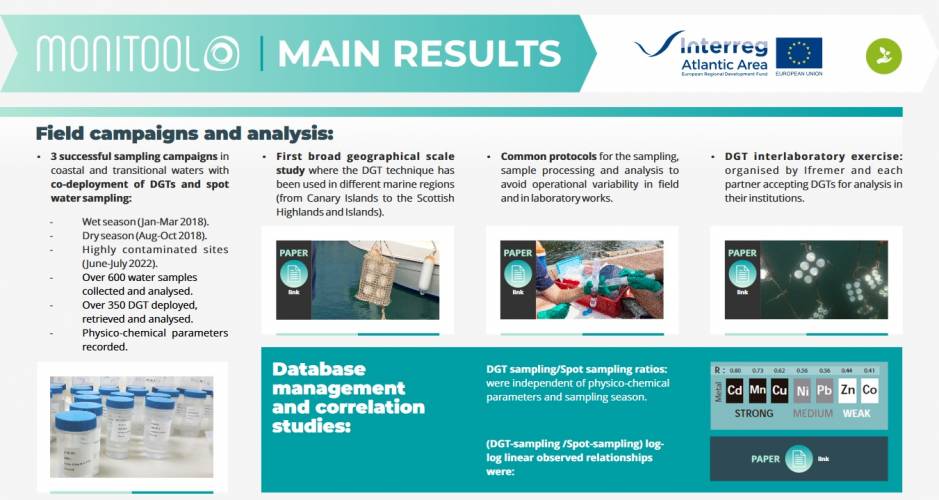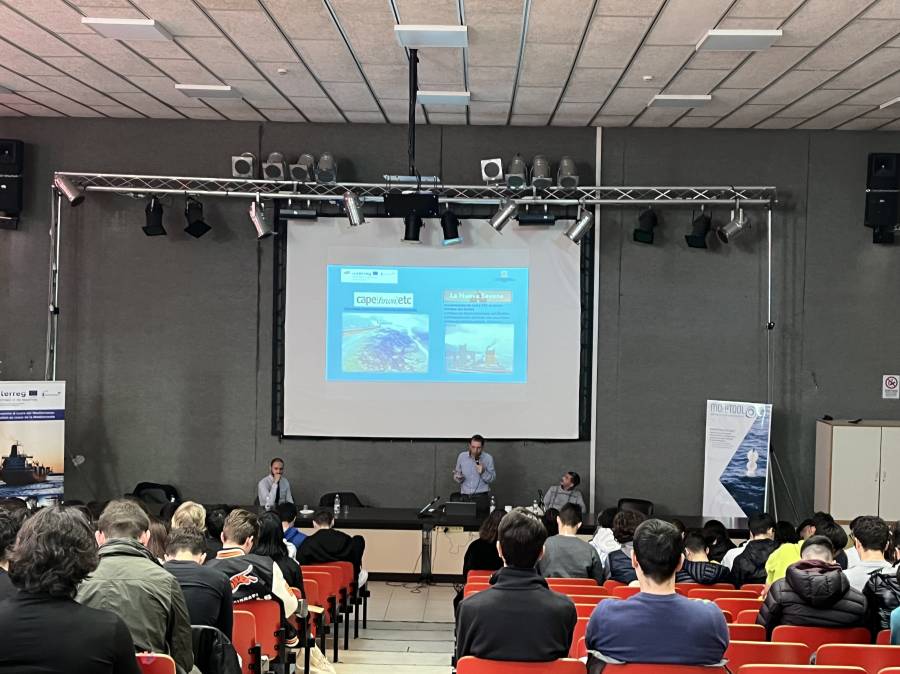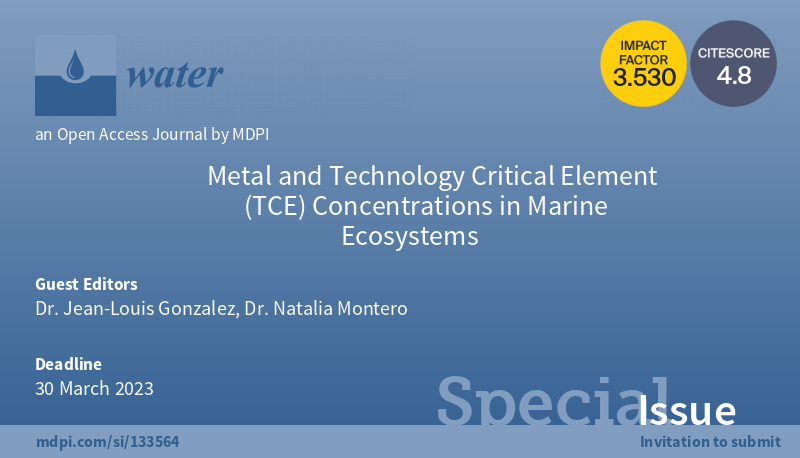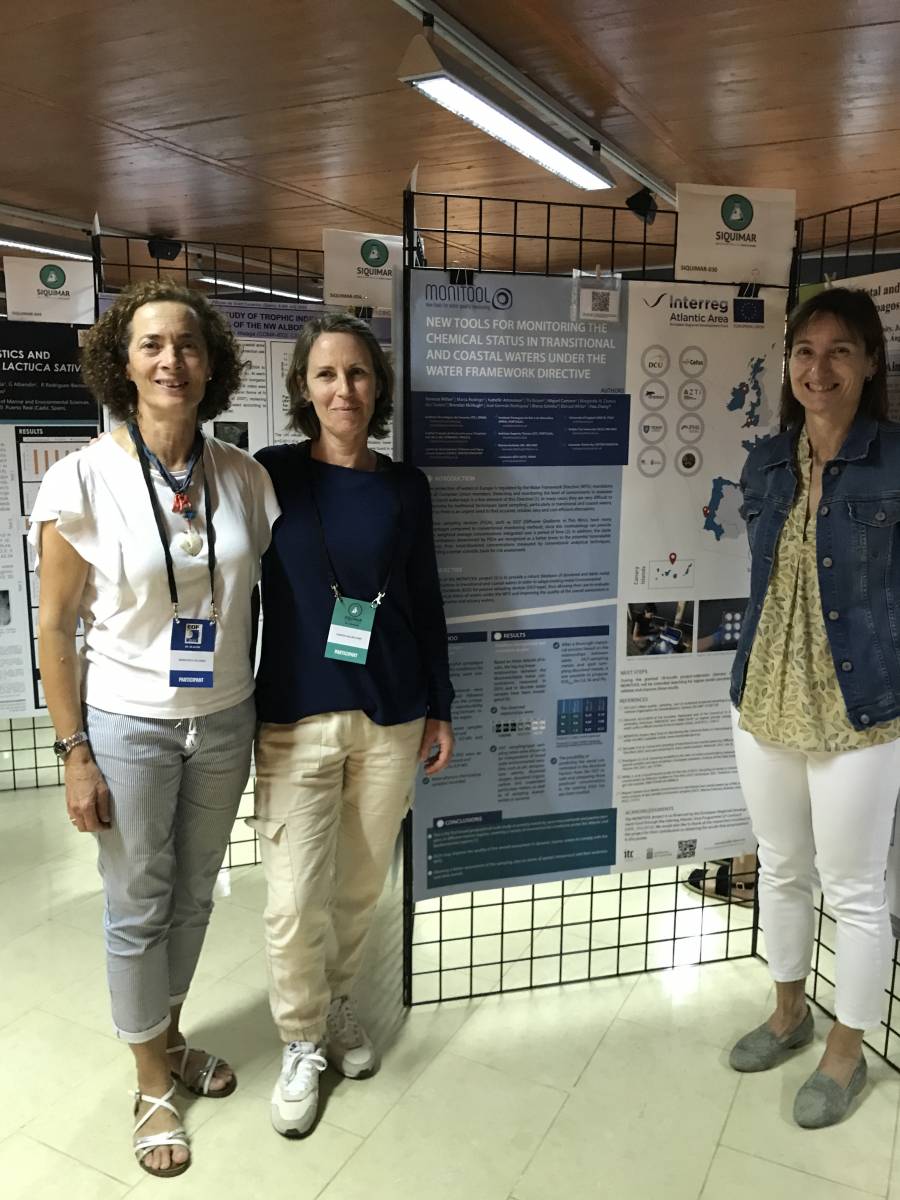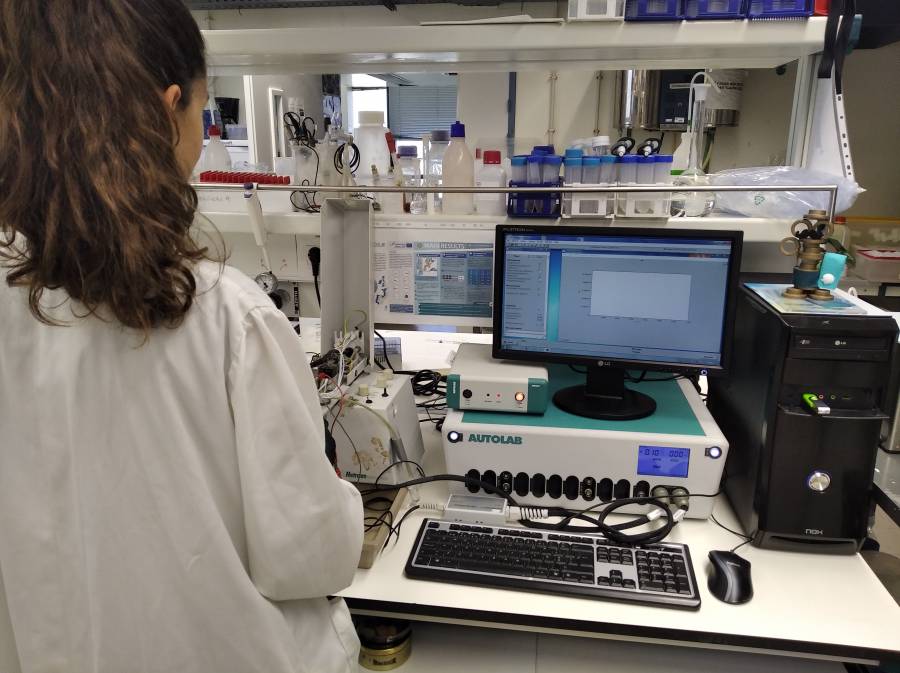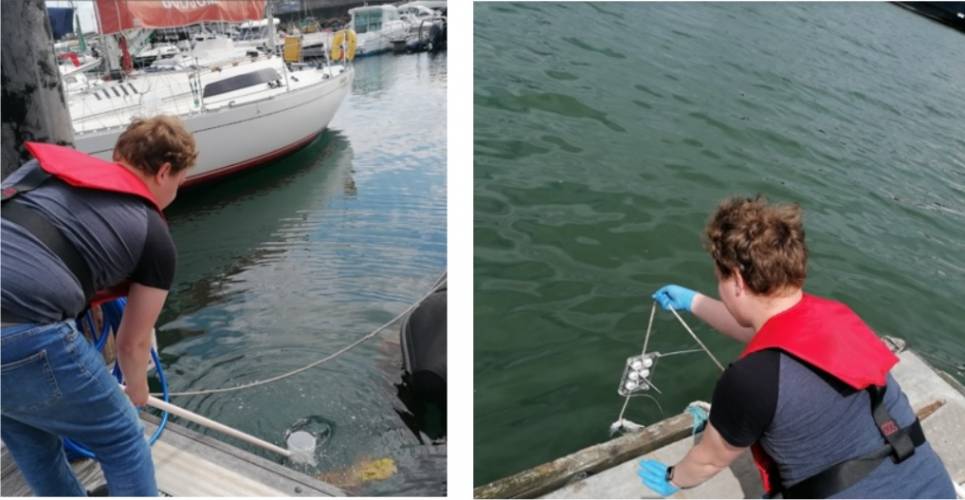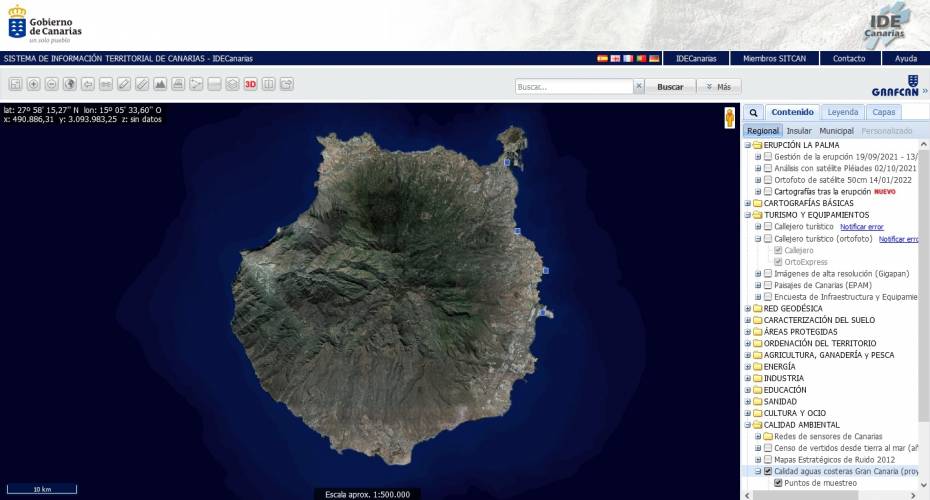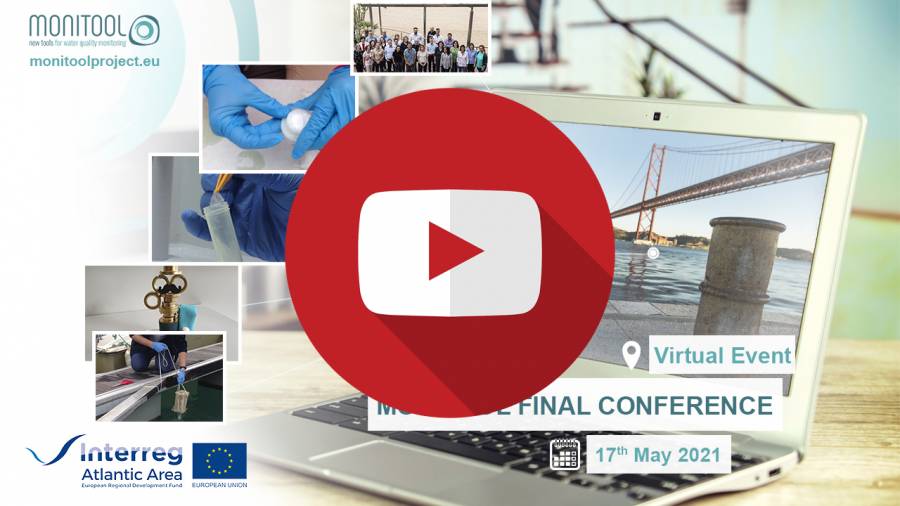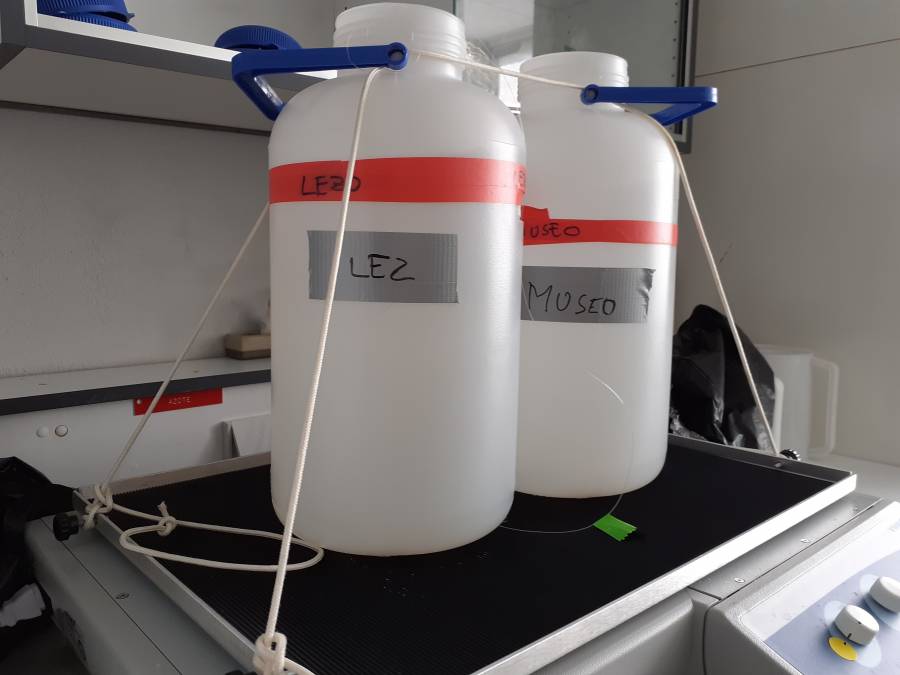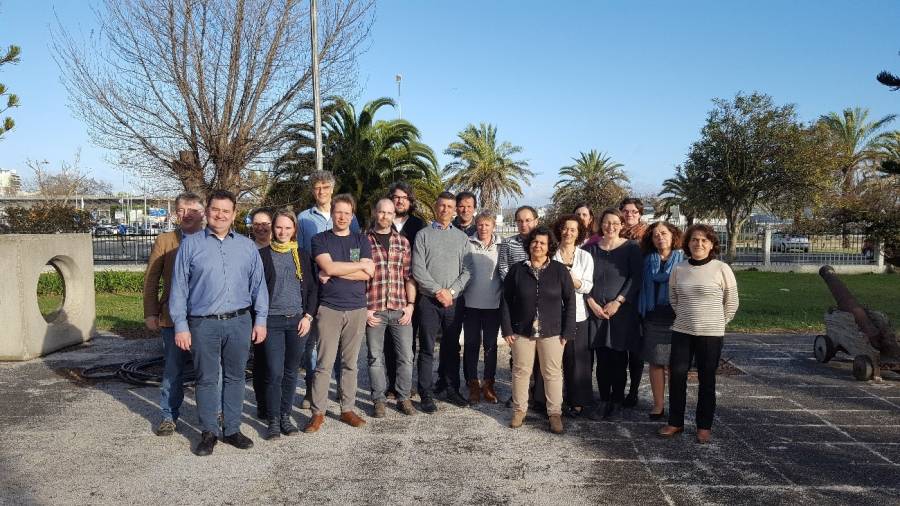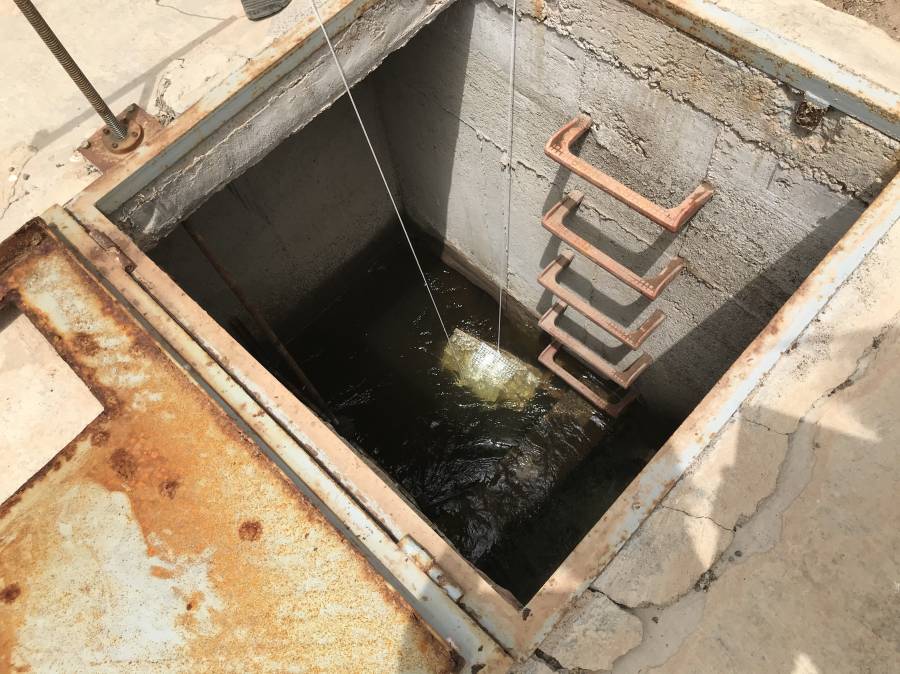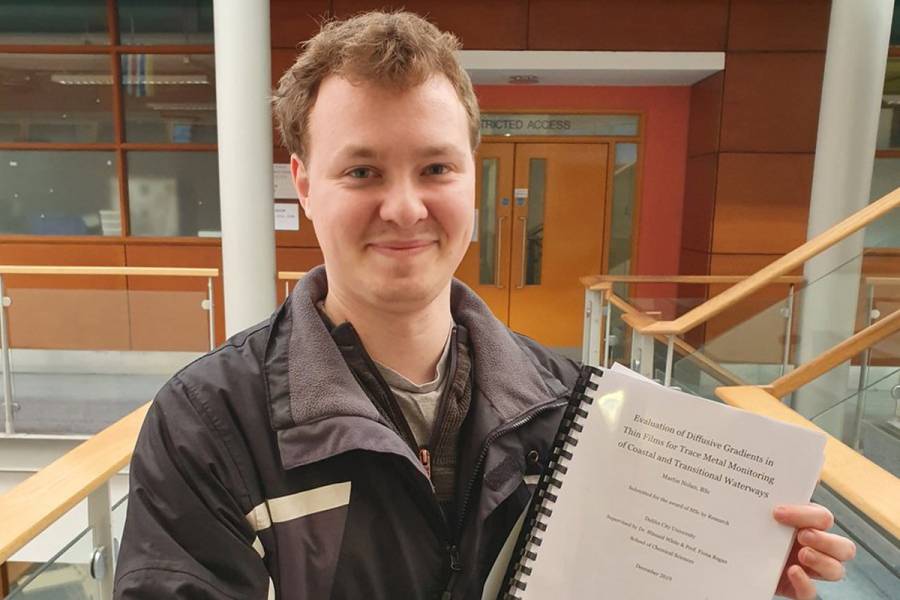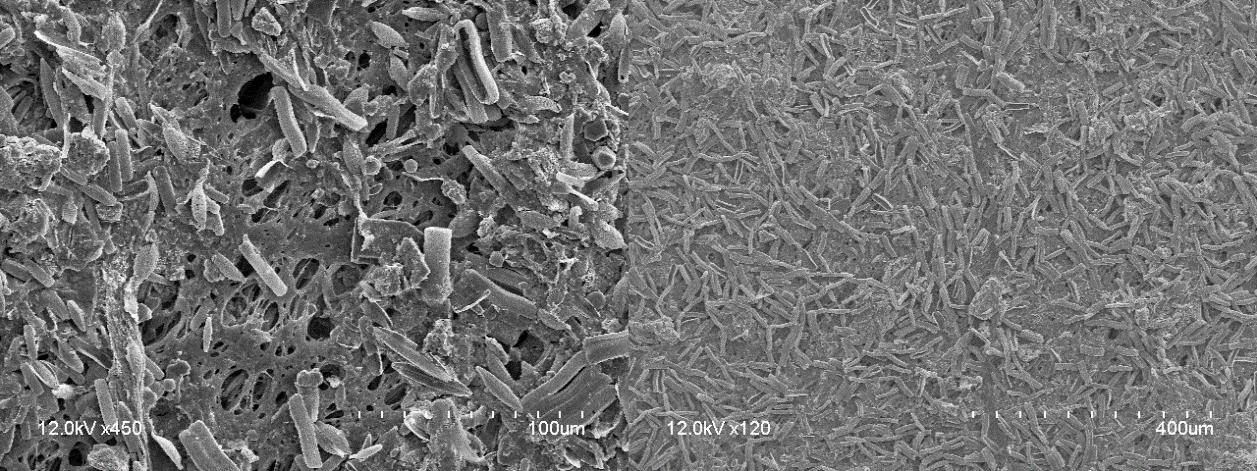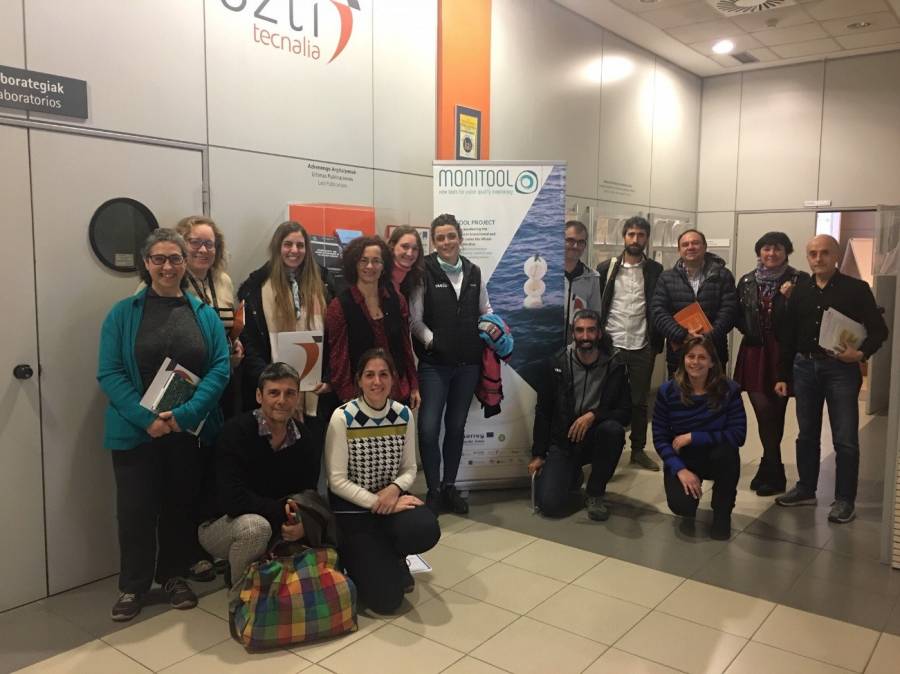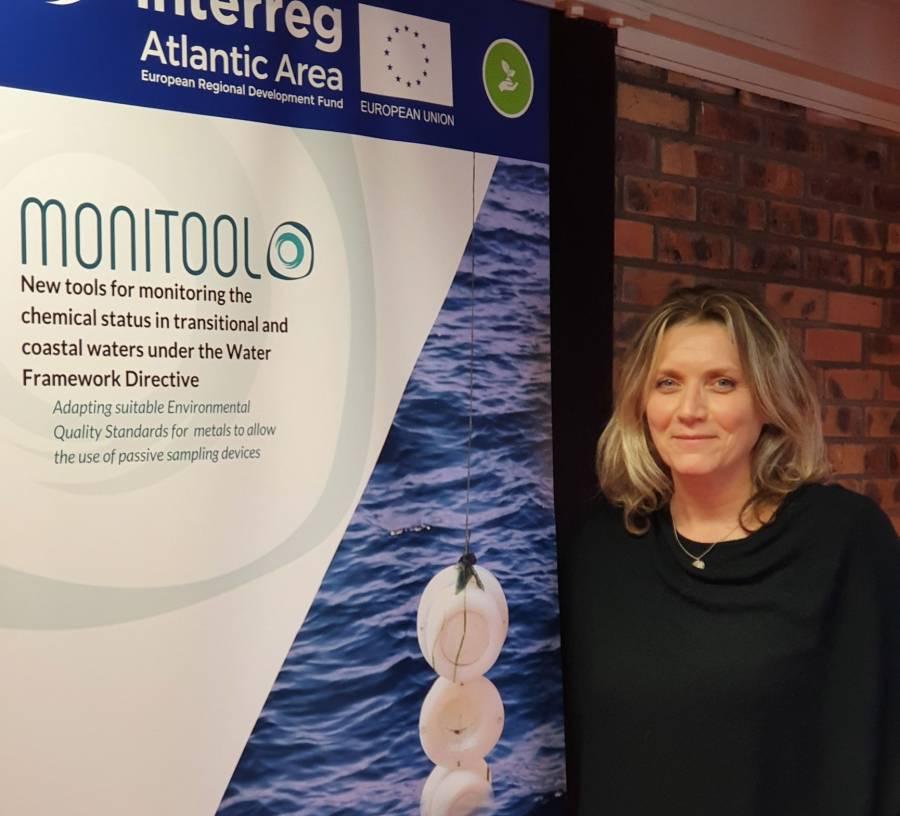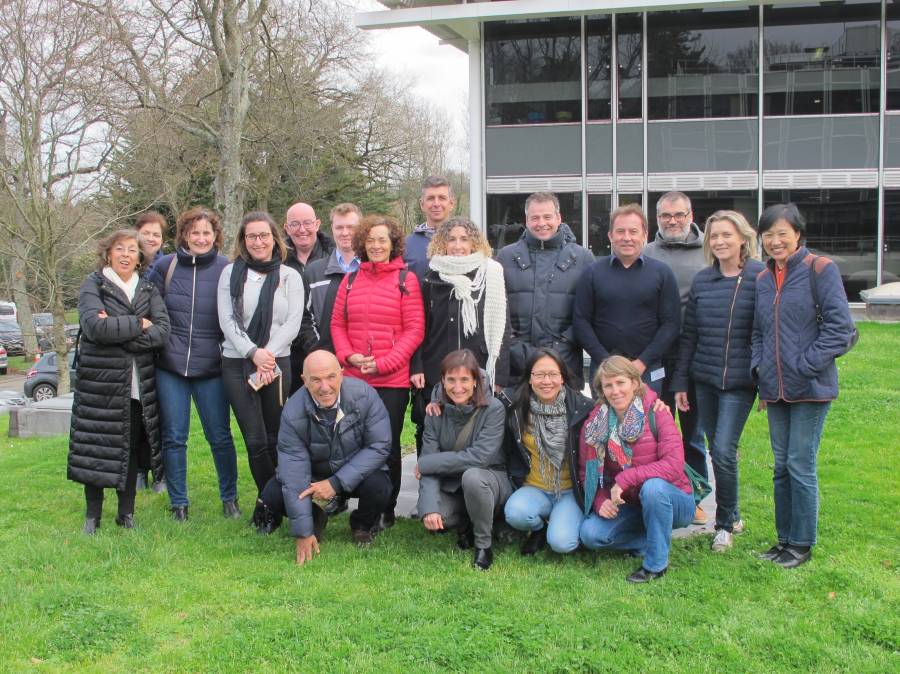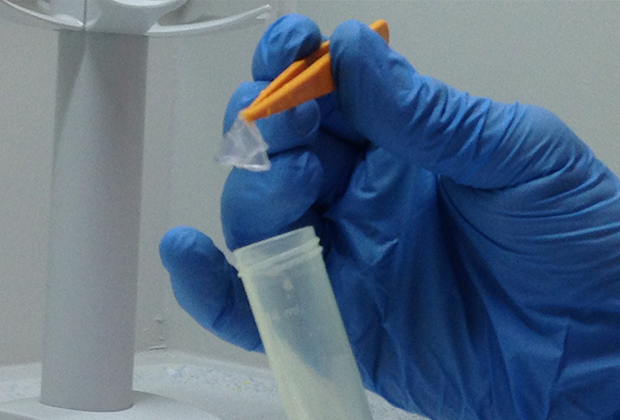 Sampling and sample processing and analysis WP5 protocols development
Sampling and sample processing and analysis WP5 protocols development
Operational variability can have a major impact on the data interpretation due to the different sampling and analytical methods used by all Partners as it can lead to incompatible results and resulting in the dataset being incomparable. In order minimise this issue, protocols (sampling and analysis) are required to enable all Partner to apply the same methods for field samples collection and for laboratory samples processing and analysis.
Prior to the first sampling campaign, sampling and analysis protocols (WP5, led by CEFAS) were subsequently drafted and compiled by CEFAS, these were subsequently reviewed by all Partners before being finalised. The protocols included guidelines for sampling sites selection, DGT deployment, spot sampling frequency, in situ parameters, vials and containers type, material acid wash process etc. as well as analytical methodology for the determination of trace metals in DGTs and in seawater by ICP-MS and voltammetry.
All Partners followed the guidelines as closely as possible during the wet season sampling campaign that took place between January and March 2018.
Post sampling, it was recognised that certain areas of the protocols could be improved as it was difficult to apply all the recommendations due to sampling (im)practicality or weather conditions. Feedback and “lessons learnt” were therefore discussed at our second meeting in May, followed by collaborative suggestions reflecting the sampling practicality in order to remove any ambiguities and further improve the clarity of the protocols.
CEFAS is currently revising and updating those protocols for all Partners to review prior to the second and last sampling campaign which will take place between August and September.



